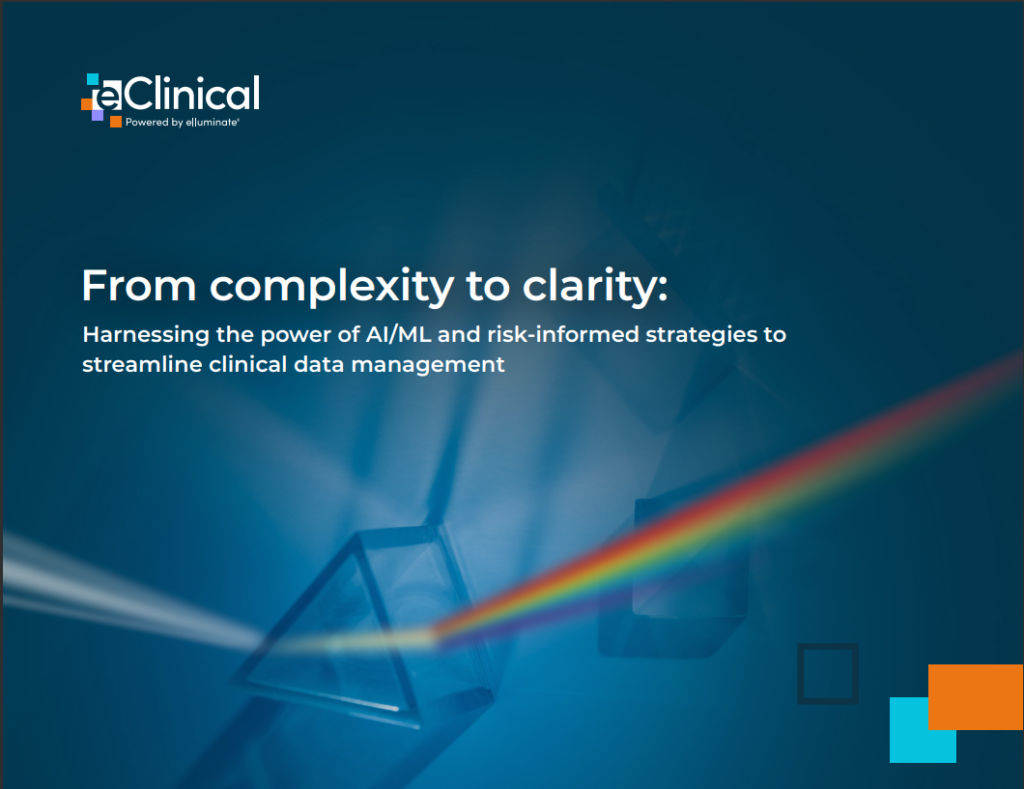This year’s data privacy day finds CIOs, CISOs, and other IT professionals putting data privacy front and center, as they seek to ensure their organizations are in compliance with GDPR, CPRA, and other government data privacy regulations that have been implemented over the past few years.
However, the growing use of the cloud by organizations complicates this compliance. Though the cloud has made their IT environments less expensive, more flexible, and more scalable, it has also resulted in their data being sprawled across dozens of SaaS applications and multiple cloud services, in addition to their existing on-premises systems and hundreds (or more) employee endpoints. This data sprawl makes it difficult for IT and Compliance teams to implement robust data management strategies that allow their organizations to cost-effectively comply with data privacy regulations.
However, a new class of Data Management as a Service (DMaaS) solutions are making it possible for these IT and Compliance professionals to more easily manage this data sprawl in ways that allow them to address these data privacy challenges. Using these data management technologies, these professionals can simplify the implementation of intelligent data management strategies that allow them to 1) identify where all their data is, 2) classify and tag personally identifiable information (PII) and other sensitive data, and 3) search their data so they quickly comply with customers’ “right to be forgotten” requests and other data privacy regulatory requirements.
Such intelligent data management capabilities enable these professionals to implement processes that allow them to affordably protect, secure, retain, and erase sensitive data, and otherwise comply with data privacy regulations. In addition, these capabilities go beyond just data privacy to help them accelerate their organization’s digital transformations.
For example, with intelligent data management these professionals can minimize the data surface area their organization exposes to cyberattacks. They can make sure their organization’s business-critical data can be rapidly recovered it if is locked by a ransomware attack. They can quickly find data needed to address a judge’s eDiscovery order. They can optimize how they store their data, reducing their cloud service expenses, on-premises storage investments and other storage costs. And they can easily collect data that, when analyzed, yields them valuable business insights.
As IT professionals take today’s data privacy day to reevaluate how well they are governing their data, they should remember that an intelligent data management strategy does not only help them reduce the risk that their organization might be fined and its reputation damaged for not complying with data privacy regulations. Such a strategy can also help them better protect themselves from cyberattacks and other threats to their business, and expand how they use data to grow their business.
About the Author
Indu Peddibhotla is Senior Director, Products and Strategy, at Commvault’s SaaS venture, Metallic
Sign up for the free insideAI News newsletter.
Join us on Twitter: @InsideBigData1 – https://twitter.com/InsideBigData1





My name is Robert Edward Evans I’m a developer product testing and feedback marketing research for enterprise I’m legally deaf in both ears I’ve been wanting to call Google but can’t because I can’t hear my accounts have been back under attack I’m trying to fix that problem it hasn’t been easy because of problems along the way